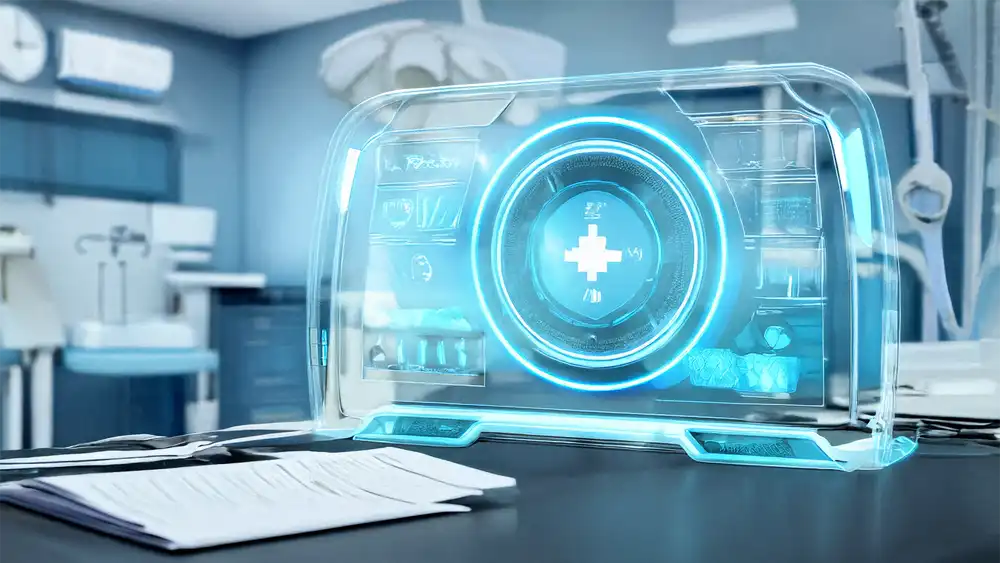Medical students entering the field today face challenges and realities that their elders probably rarely experienced. There’s the issue of political polarity infiltrating health care and affecting outcomes and the feeling of the unknown when it comes to the increasing use of artificial intelligence. Telehealth has exploded in recent years and will continue to expand and evolve. People are living longer, but that means they will need more medical care, and the reality is that there is a shortage of doctors and a shortage of people interested in attending medical school.
Coming to terms with how things are changing can be a daunting reality for some, deterring them from a career in medicine since the negatives may seem to outweigh the positives.
We spoke with three medical students about the many changes in health care: Jeremy Franklin, a fourth-year student at the Medical University of South Carolina; Lauren Williamson, a second-year student; and Lauren Cox, a second-year medical student who completed an undergraduate degree in global public health from the University of Virginia.
HEATLHLINKS: WHAT IS YOUR TAKE ON THE CURRENT ISSUES WITH HEALTH CARE?
Franklin: “One of the major issues we are facing in health care is the cost. From prescription drugs to C-sections, costs have drastically increased over the past few decades. Furthermore, a lack of insurance coverage leaves a large portion of Americans in jeopardy of poor health consequences and also being placed in unfortunate financial circumstances.”
Williamson: “The shortage of providers in certain specialties or regions has posed some issues as far as increasing wait times, decreasing access to care and reducing the time able to be spent with patients. Improvements are being made to address this issue, but it has been difficult to keep up with the increasing number of people needing care. Additionally, the cost of health care can be a barrier for many individuals. Through policy reform, innovations to decrease costs of care delivery and free medical clinics, we have begun to address the cost barriers to health care.”
Cox: “While several issues are of great concern, I am especially interested in the current structure of our health care system, the goals of health care equality versus equity and the infiltration of public policy and private equity into health care. As radical and infeasible as it may sound, our system, specifically regarding insurance, is overdue for a complete restructuring that prioritizes simplification and the health of the patient. The current structure has become too complex and has elevated health care costs exponentially, while also prioritizing the ‘business of medicine’ at the expense of the well-being of patients and health care personnel. Many of our subpopulations receive drastically different standards of care. More of an effort needs to be made globally to not prioritize just treating every patient equally but taking an individualistic approach and addressing the needs of each individual. Lastly, public policy should remain separate from the issues of health care.”
HEALTHLINKS: WHAT DOES THE FUTURE OF MEDICINE LOOK LIKE? CAN YOU TALK ABOUT AI AND ITS ROLE?
Franklin: “In my ideal world, everyone has proper access to not only health care but health care coverage. AI has a role in the future of health care. For example, I have seen something dealing with AI that can detect certain cancers up to five years before it happens. On the other hand, I am a bit concerned about how AI will affect the job market. If AI can get to a point where patients can stand in front of a machine and values such as blood and electrolyte counts are produced instantly then positions such as phlebotomists or CNAs and medical assistants can be severely affected. I also think that AI may replace intangible characteristics of health care providers such as compassion and empathy.”
Williamson: “Medicine is becoming increasingly advanced as new technologies and breakthroughs are being discovered. We are treating and curing diseases that used to have fatal prognoses, and life expectancy has been trending up as a result. I believe AI is a tool that aids providers in building their differential diagnosis and providing evidence-based treatment recommendations, thus increasing efficiency and reducing errors.
Cox: “I think the future of medicine in terms of what is on the horizon for exploration and innovation looks very bright and promising, and I hope that AI can contribute a positive influence.”







